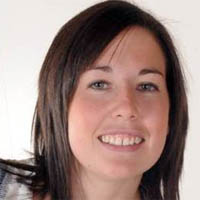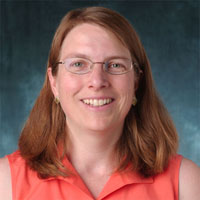Center News |
|
Lisa Dilling Appointed to the EPA Board of Scientific CounselorsLisa Dilling has been appointed to the U.S. Environmental Protection Agency's (EPA) Board of Scientific Counselors (BOSC), and to the Executive Committee within the BOSC. BOSC was established by the EPA to provide advice, information, and recommendations about the Office of Research and Development (ORD) research program. The mission of the BOSC is to provide advice and recommendations on:
|
|
Saffron O’Neill Visits from AustraliaDr. Saffron O’Neill, a Research Fellow in the National Climate Change Adaptation Research Facility (NCCARF) Social, Economic and Institutional Dimensions (SEID) theme, based at Melbourne University, visited Boulder in May to collaborate with Center researchers. Dr. O’Neill gave a presentation titled “Defining and Assessing Maladaptation“. Using a case study of migration and resettlement in the South Pacific, she spoke about her work that seeks to explore how the risk of maladaptation might change under three types of adaptation strategy: reducing exposure, decreasing sensitivity or increasing adaptive capacity. |
 |
New Center Outreach EffortsThe Center recently added a multi-media gallery to its website. There you can find videotapes of talks, presentations and interviews; audiotapes of radio discussions; and a collection of photographs from Center events. The Center is experimenting with social media through Facebook and Twitter. Please let us know if you view these pages and find them useful. We value your feedback! Send comments to: ami@cires.colorado.edu. |






